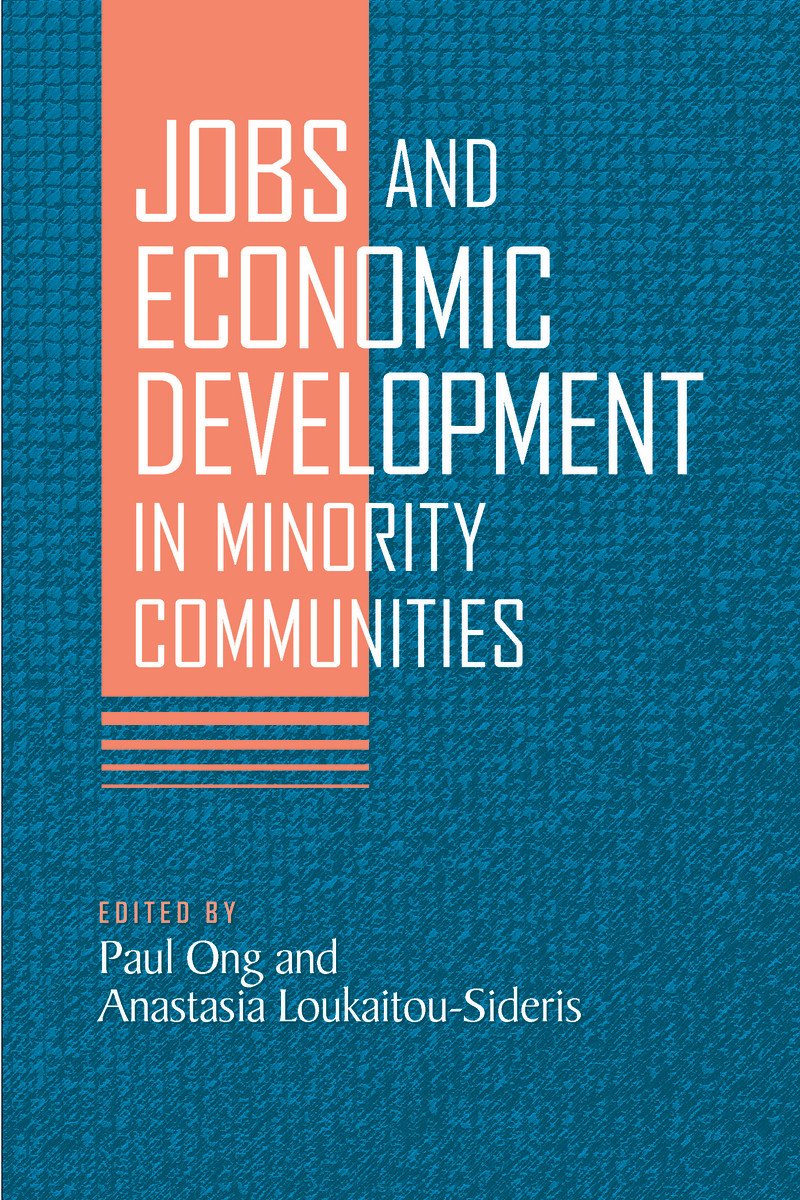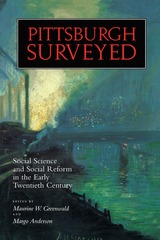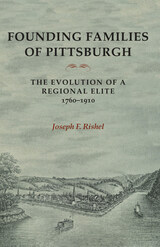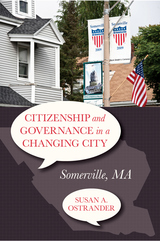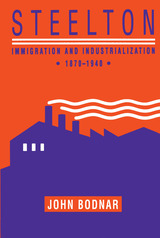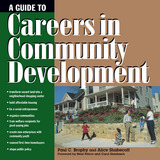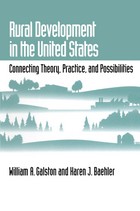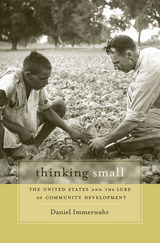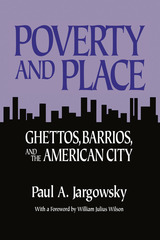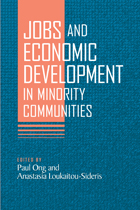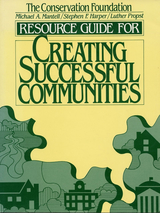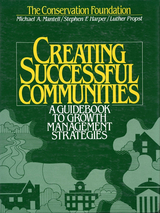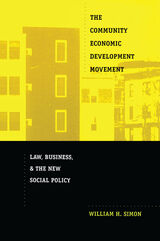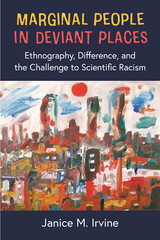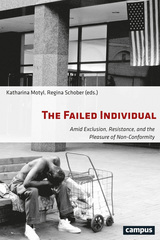Jobs and Economic Development in Minority Communities
Temple University Press, 2006
Cloth: 978-1-59213-409-0 | Paper: 978-1-59213-410-6 | eISBN: 978-1-59213-411-3
Library of Congress Classification HN90.C6J63 2006
Dewey Decimal Classification 331.60973
Cloth: 978-1-59213-409-0 | Paper: 978-1-59213-410-6 | eISBN: 978-1-59213-411-3
Library of Congress Classification HN90.C6J63 2006
Dewey Decimal Classification 331.60973
ABOUT THIS BOOK | AUTHOR BIOGRAPHY | REVIEWS | TOC | REQUEST ACCESSIBLE FILE
ABOUT THIS BOOK
Over the past four decades, the forces of economic restructuring, globalization, and suburbanization, coupled with changes in social policies have dimmed hopes for revitalizing minority neighborhoods in the U.S. Community economic development offers a possible way to improve economic and employment opportunities in minority communities. In this authoritative collection of original essays, contributors evaluate current programs and their prospects for future success.Using case studies that consider communities of African-Americans, Latinos, Asian immigrants, and Native Americans, the book is organized around four broad topics. "The Context" explores the larger demographic, economic, social, and physical forces at work in the marginalization of minority communities. "Labor Market Development" discusses the factors that shape supply and demand and examines policies and strategies for workforce development. "Business Development" focuses on opportunities and obstacles for minority-owned businesses. "Complementary Strategies" probes the connections between varied economic development strategies, including the necessity of affordable housing and social services.Taken together, these essays offer a comprehensive primer for students as well as an informative overview for professionals.
See other books on: City Planning & Urban Development | Community development, Urban | Economic Development | Minorities | Social Services & Welfare
See other titles from Temple University Press
